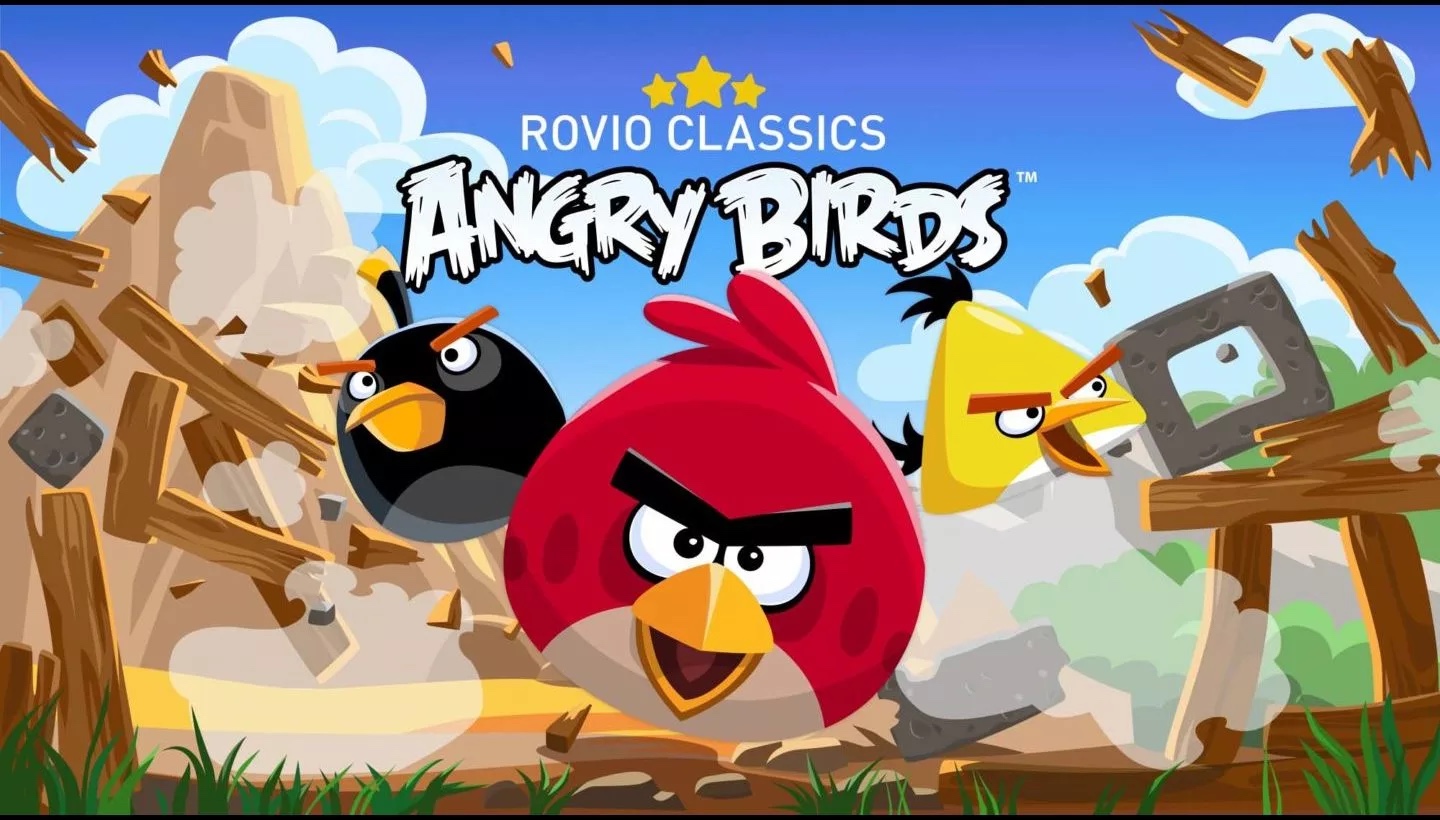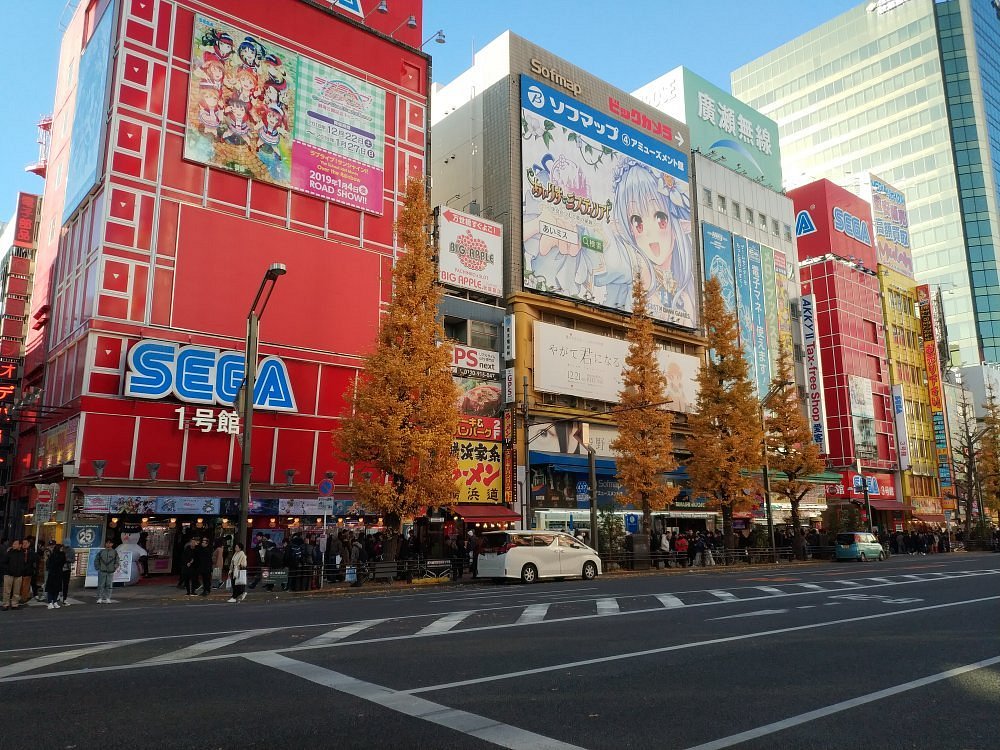Japan’s Sega Offers $776 Million to Buy Angry Birds Maker Rovio
Sega Sammy Holdings Inc., a video games maker company offered to buy Rovio Entertainment that is Angry Birds creator for about $776 Million

A popular Japanese gaming powerhouse Sega Sammy Holdings Inc. has revealed its intentions of buying Rovio Entertainment, a company that created a well-known game Angry Birds for a price of $776 million. According to a statement presented recently by Sega, it is ready to sell 9.25 euros per share via cash and 1.48 euro per option to Rovio option holders. The board of directors of the Finnish firm Segg together advised adopting the proposal which is supported by 49% of owners also including the founding Hed family of Rovio.
By May 8, Sega Sammy plans to begin its tender offer bidding. If the conditions are met by both parties, the transaction should be completed within the next few months.
Rovio’s shares saw a significant rise of as much as 18.8% to trade at 9.16 euros each in early trade after the announcement. Due to deal speculations, the stock has increased by more than 50% so far this year. However, Sega’s shares hit a decline of 6.1% in Tokyo the day prior to the tender declaration after revealing its plan to purchase Rovio.

Stating the deal bit, Sega Sammy Holdings President and CEO Haruki Satomi said that Sega has published a number of video game titles to different gaming systems symbolised by the Sonic the Hedgehog series. And he believes that with inputs and contributions of both the brands’ functionalities, fan following, and corporate culture, there will be a lot of synergy in future between the two.
While CEO of Rovio, Alexandre Pelletier-Normand said that they are excited about the development and growth of dynamic IPs from Sega and Rovio to bring users more joy.
At the start of the year, the Israeli Playtika Holding Corp made an acquisition approach to Rovio, marking the company valuation at 683 million euros. However, Playtika declared in March that talks regarding the offer had come to a standstill.

Why Sega Plans to Expand?
As Sega declines in its core operations like arcade machines and pachinko and is being hit by Covid-19 regulations, it is planning to increase its attention on smartphone and console gaming in order to achieve long-term development like Sonic the Hedgehog.
Now when it comes to the Rovio deal, some analysts disagree on the deal’s benefits but most believe that Rovio’s current gaming catalogue will generate a reliable cash flow.
Satomi mentioned that with rapid expansion in the gaming industry, there is a high potential, especially for mobile gaming and Sega plans to step into this area and expand.
Being a wildly popular game Angry Birds is, it serves as the base for Rovio’s business. It can be comfortably said that this game accounts for more than 80% of the company’s gross bookings since it got available on Playstore in 2009. This made Rovio go public in 2017 with a market valuation of over 900 million euros due to its popularity. Angry Birds became the first ever game back then that exceeded one billion downloads.

Now, Sega’s plan is to get regular cash through this acquisition as said by an analyst at Toyo Securities. But to its disappointment, Rovio hasn’t been successful in releasing new blockbuster titles. So it is sceptical at the moment that this acquisition will be fruitful by any chance.
But on the other side, Kimmo Stenvall, an analyst at OP Group said that Rovio’s current games produce good revenues and the flow of cash is also robust therefore one can safely say that Sega will get its positive returns. He further added Rovio’s mobile games management platform, Beacon would be very helpful as it would prove to generate strong returns and develop regular games. This way Sega will benefit without a doubt.
Rovio’s diversification

While both positive and negative statements have been made by analysts, investors are a bit concerned about Rovio’s major reliance on Angry Birds. Henceforth, the business has tried to diversify its portfolio with different types of games. Presently, it is willing to expand in hyper-casual and puzzle games through its new titles in development and has bought smaller rivals.
Post its financial reports disappointed investors, Rovio’s stock exchange hit a new low in the market. These were sharp drops – the losses that had never been recovered fully.
The Finnish business produced 50+ games in its starting years before becoming famous by releasing Angry Birds, which very well made use of the iPhone’s brand-new touch-screen tech. The firm refers to ‘Angry Birds’ as its most prized possession ever since it helped it stand out confidently in the congested gaming industry.
The Angry Birds game which had its debut in 2009 swiftly got popular all across the world. However, by 2014, there was a dip in its demand – it began to lose steam. It became the first mobile game to ever receive one billion downloads, setting a world record.
Though it received conflicting reviews from its reviewers, the initial Angry Birds film which was released in 2016 became a big economic success grossing $350 million globally. The second Angry Birds movie, nevertheless, was unable to match the popularity of the first.
Irrespective of this, the firm still refers to ‘Angry Birds’ as its most prized possession ever since it helped it stand out confidently in the congested gaming industry.
Why did Rovio reject Playtike’s offer?
Sega’s offer provides a premium of 63% over Rovio’s closing price on January 19, before Playtika’s offer came into the picture and a reduction of about 19% over Friday’s closing price. The campaign will start, according to Sega, around May 8.
The deal puts an end to talks that Playtika Holding Corp., a company located in Israel, had been having relations with the Finnish mobile game developer since it was made public that they were offering 9.05 euros per share in January. On March 22, Rovio declared that it had stopped communicating with the Israeli business, but that it had kept in touch with other partners that it did not name.
Rovio has not stated why it rejected Playtika, but Inderes analyst Atte Riikola suggested Rovio’s founding family which owns close to 39% of the business might have objected because Playtika has a history of acquiring Finnish game developers and shutting down their local offices.
Now, Sega and Rovio will try to close their deal by May 8. Let us see how this goes.




